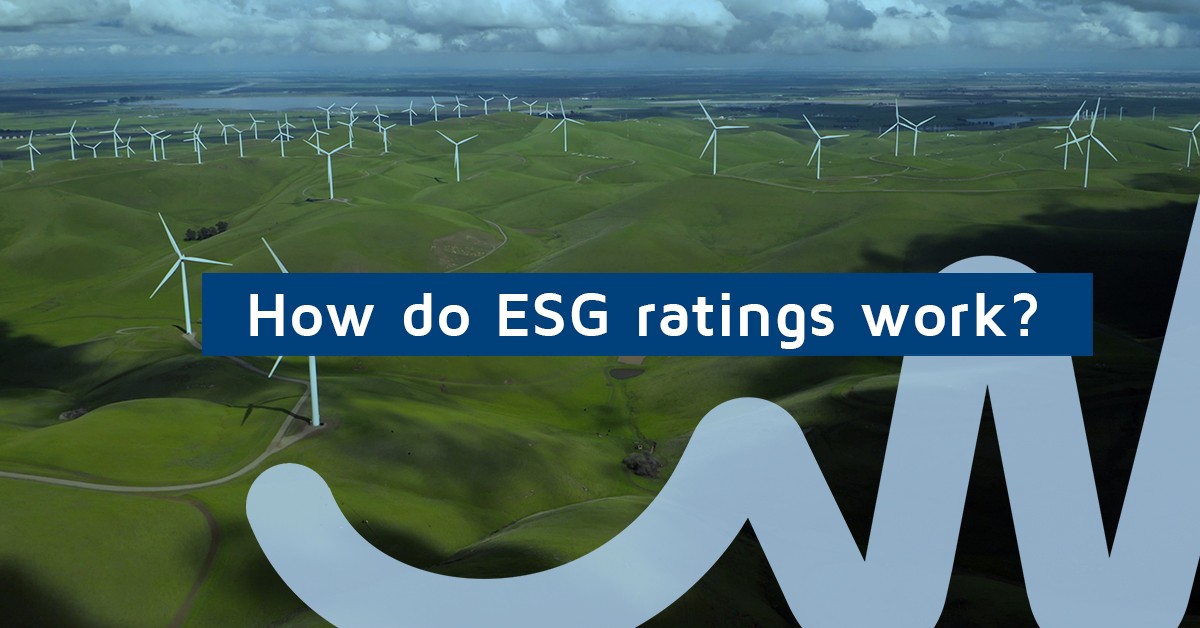How do ESG rating works?
Environmental, Social, and Governance (ESG) criteria are used to assess a company's risks becoming relevant during the investment decision-making process. To secure our operations, it is necessary to assess how well companies manage ESG factors and provide information on their business practices. This is to help identify better opportunities.
ESG criteria are often used to screen and evaluate companies during the investment process. One of the reasons investors are increasingly taking these criteria into account is the correlation between sustainability performance and risk. From the investors' perspective, companies that perform better base on the ESG criteria are more solid because of their capacity to minimize the risk related to environmental and socio-economic impacts in business operations. Indeed, poor management of social issues, such as employee safety, environmental issues, such as oil spill pollution or climate change demands, or governance issues, such as conflicts of interest among a company's management team, can affect a company's performance over the long term and its capacity to create value.
Evidence suggests that high-performing companies on sustainability measures also tend to have better results in business, starting a chain reaction increasing the total value of the companies themselves and investments. The basis for the proper development of an ESG strategy in the company is integrating ESG criteria as a tool for financial analysis. This can help to understand the extent to which the company creates value to help set targets and KPIs. In addition, those criteria can be used to assess business practices, such as human rights violations or environmental catastrophes, which could affect profitability.
ESG ratings are numbers that show how well the organisation is doing on environmental, social and governance issues. They are assessed by agencies that assign letter grades, rankings or, more often, scores to individual companies based on their performance against a set of ESG criteria. ESG ratings can further analyse companies' corporate governance structures, methods and behaviours. Investors have long appreciated these characteristics as potential sources of investment risk. More recently, they have also been recognised as potential sources of investment opportunities. ESG is therefore becoming very relevant during the investment decision-making process.
It is essential to understand that these scores are based on publicly available data (ESG data). ESG scores are valuable because they are based solely on how companies report their activities. Indeed, part of their usefulness comes from exposing gaps between internal corporate reality and external perceptions. When a company does not disclose everything, it knows about its environmental, social and governance policies, it creates a gap that could have detrimental consequences. In addition, this can lead to inaccurate scoring of its ESG policies. Even if a company has a robust policy on carbon emissions and waste reduction, or a transparent and performance-based promotion system, if this information is not made public, it will not affect its ESG score.
Vector Renewables supports its clients on ESG issues, helping them to improve the socio-economic and environmental performance of their renewable projects. If you need more information, do not hesitate to contact Oriana Perrone (Community Engagement and Sustainability Manager)
When you subscribe to the blog, we will send you an e-mail when there are new updates on the site so you wouldn't miss them.

